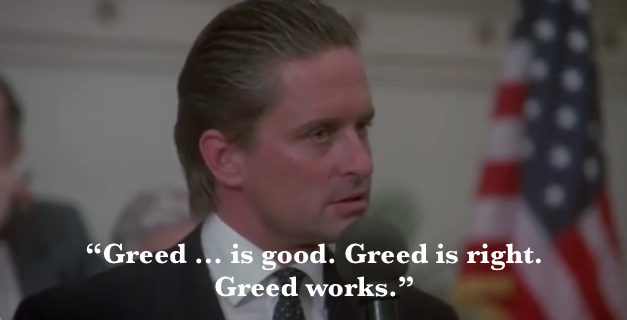My thoughts only
A place where people would hunt would typically also be a fertile place for growing food. ie the animals eat the grass on fertile land.
This would be a good thing in two parts, abundance of animals to hunt and they probably found in these areas the children would also have a better chance of survival. Also being lazy in that they did not want to build a shelter every day they stopped for the day.
Once there they probably found food staples in the ground that they could seed and grow as food.
Some stayed in and did this while others ranged out further and hunted the animals.
Once animals were scarce due to depopulation of natural movement, they had to rely more on what they grew.
As their "society" grew then they also realised that they would need to range further afield and possibly looked at the domestication of wildlife that we now see as cows, sheep and pigs.
As they became more proficient, and again being predominantly lazy, they realised that they could "manufacture" all they needed, look after the crops and stock, and have a better life than a wandering nomadic tribe. The children were healthier and as such produced more capable and healthier offspring.
Of course this would have happened over thousands of years. I could see it happening this way


